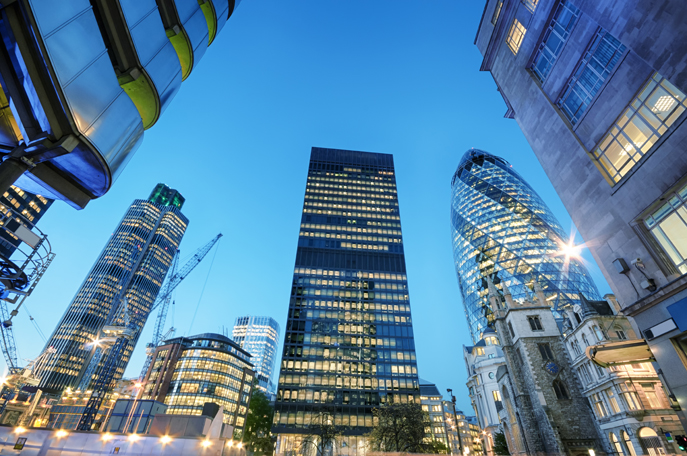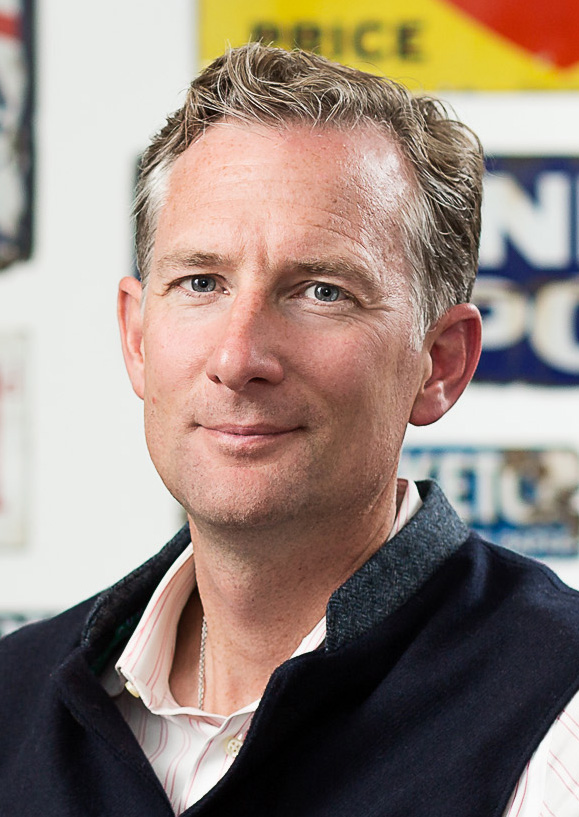Freuds CEO Arlo Brady says the finance sector is the latest to join the seismic shift in business attitudes over the past 20 years
My relationship with Ethical Corporation began in 2002, not long after it had been launched. I was a young, green (in more ways than one) student, finishing up my PhD, and I wrote a series of pieces for the magazine focused on my research, which looked at the relationship between environmental and social issues and the reputation of big businesses and brands.
Scarily, that was nearly 20 years ago. Back then, the sustainability landscape was very different and it’s heartening to see the progress that has been made to date, both attitudinally and in terms of behaviour. That said, many of the world’s greatest sustainability challenges, such as climate change, have continued apace and we are still not travelling fast enough.
In the early 2000s, the focus was on the business case for sustainability, as opposed to action. Sustainability was not yet a serious boardroom issue and had yet to earn its stripes.
To illustrate quite how far things have moved on, I recall giving a lecture on the MBA course at my business school, when I was seriously heckled by the students for challenging “the Friedman doctrine”, the theory advanced by economist Milton Friedman that holds that a firm’s sole responsibility is to maximise returns to shareholders. It’s a moment that probably triggered my departure from the academic world.
I recall a managing partner telling me that ‘sustainability is not, and will never be, a focus for us, because it’s not a C-suite priority’
Today, business schools take the topic seriously, and are routinely ranked according to the degree to which they have integrated sustainability into the curriculum – an important development when you consider that more than 40% of Fortune 500 CEOs have MBAs – all of whom are putting what they learnt into practice.
At the time I spoke to most of the top-tier consultancies about working with them in this area to accelerate change. After one interview, which consisted mainly of me guessing how many ping pong balls might fit in a jumbo jet, I recall a managing partner telling me that “sustainability is not, and will never be, a focus for us, because it’s not a C-suite priority”. Ironically, that same consultancy currently has a large, growing and now very vocal sustainability consultancy, although that individual has since retired.
Perhaps that anecdote is indicative of what’s happened since. There has been a generational shift, and the next generation is now in striking distance of the boardroom,

Boardrooms, too, are not as powerful as they once were, and I would argue that today a more youthful generation further down the ranks is even more effective at changing things. There has been a cultural shift in most big businesses these last 20 years. Employees have found their voice earlier in their career, and young talented people don’t want to work for businesses that don’t have some serious sustainability commitments in place. That’s a serious incentive for the C-suite to act differently, even if they themselves are not personally motivated.
The corporation has changed, but so has the outside world. In particular, the media landscape. When Ethical Corporation was launched, the mainstream media did not dedicate any airtime to sustainability, there was no social media, no Facebook, Instagram, Twitter, TikTok etc. This was a serious obstacle to the campaigning community, who had difficulty in getting their message beyond the echo chamber. Life was easier for the businesses who were not keen on disruptive ideas like climate action. They could spread misinformation and propaganda at will, with limited scrutiny. This has had a material impact on slowing progress.
This is of course the dark side of the reputation business. Today, greenwash is still rife, but not universal. Many businesses talk about sustainability openly and honestly, daring to engage with their stakeholders on the topic. The more businesses that do, the better. it normalises sustainability as a business priority, stimulates customer action, gives “permission” to staff to push the boundaries, drives awareness of the big challenges, and, perhaps most importantly, pushes governments to act – knowing that businesses have their back.
Milton Friedman is almost certainly turning in his grave – and that’s a good thing
So the media and consumers are evolving, employees are becoming activists and the C-suite is now highly engaged. But there is one other notable stakeholder community that has changed seismically in the last 20 years, and that’s the financial community.
For many years this sector has been the missing part of the jigsaw. But today, thanks to the evolution of ESG, and the awareness that solving some of the world’s most intractable problems is a big business opportunity, banks and financial institutions are catching up fast. Even a few years ago it would have been unthinkable for one of the “masters of the universe”, like Larry Fink at BlackRock, to say anything about climate change. This year, in his annual letter to shareholders, he notes that “the climate transition presents a historic investment opportunity”, and suggests that “we need companies to embrace a form of capitalism that recognizes and serves all their stakeholders”.
Milton Friedman is almost certainly turning in his grave – and that’s a good thing. But the mission is not accomplished, not by a long way. There is much to do, and the bad news is that we don’t have 20 years to debate the business case. This coming decade it’s all about action. The 17 global goals embody what needs to be done, the pandemic has slowed progress in many areas, and now it’s time to double down.
Twenty years on, Ethical Corporation has never been more important, both for its platform and for its message.

Arlo Brady is CEO of freuds. Headquartered in London, freuds is an independent, global top-40 PR agency, the largest communications agency certified as a B Corp, and a 2021 Queens Award for Enterprise winner. He is also CEO of The Brewery family of businesses, chairman of the Blue Marine Foundation, one of the UK's leading environmental NGOs, and co-chair of S30, a group of chief sustainability officers convened by HRH The Prince of Wales. Arlo has a MSc in environmental technology from Imperial College and a PHd in sustainability from the Judge Business School, Cambridge University.
This article is part of the Winter 2021, and anniversary issue, of The Ethical Corporation. See also:
Celebrating 20 years of Ethical Corporation
Why business journalists need to challenge the ESG orthodoxy
In 20 years, Ethical Corporation hasn’t lost its pioneering spirit
‘Ethical Corporation has been a beacon of light in a sea of CSR dross’
Slim Pickens and wooden water pipes: Tales from a U.S. sustainability consultancy
‘By 2041, I suspect most major brands of today will be unknown’
To fight greenwash, brands need to become advocates for change
Nine business trends that will power us to a more sustainable future
Why all MBA graduates need to be part of the sustainability revolution
Why nature is the secret, under-priced sauce of the global economy
‘As climate change takes an increasing toll, it will be a case of adapt or die’
Milton Friedman sustainability C-suite engagement


